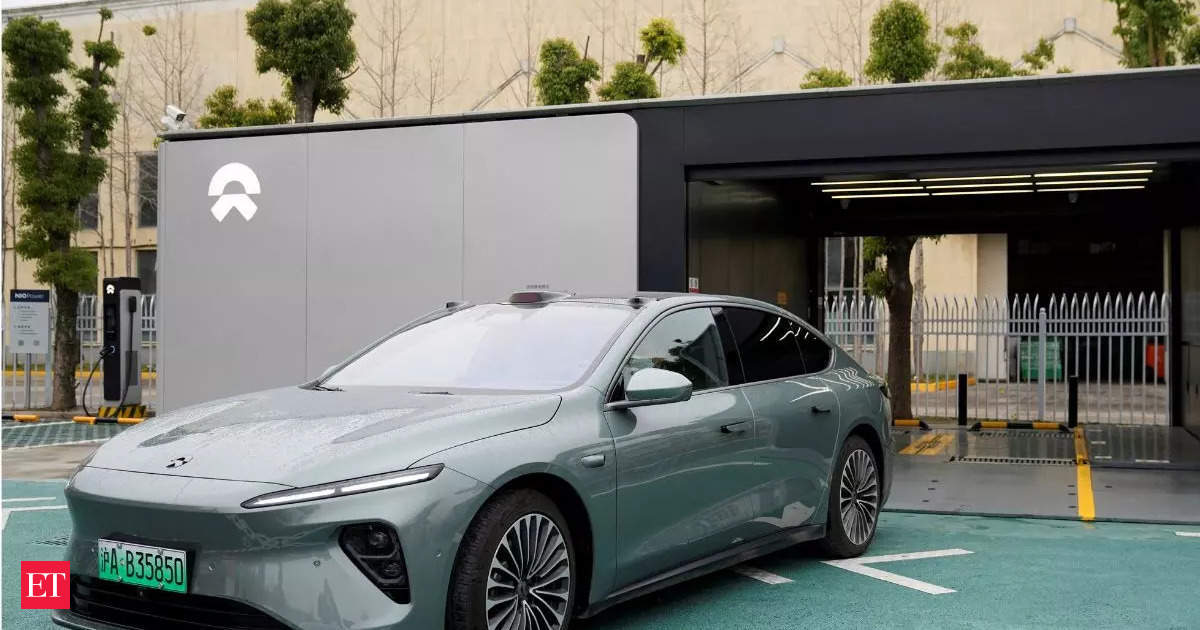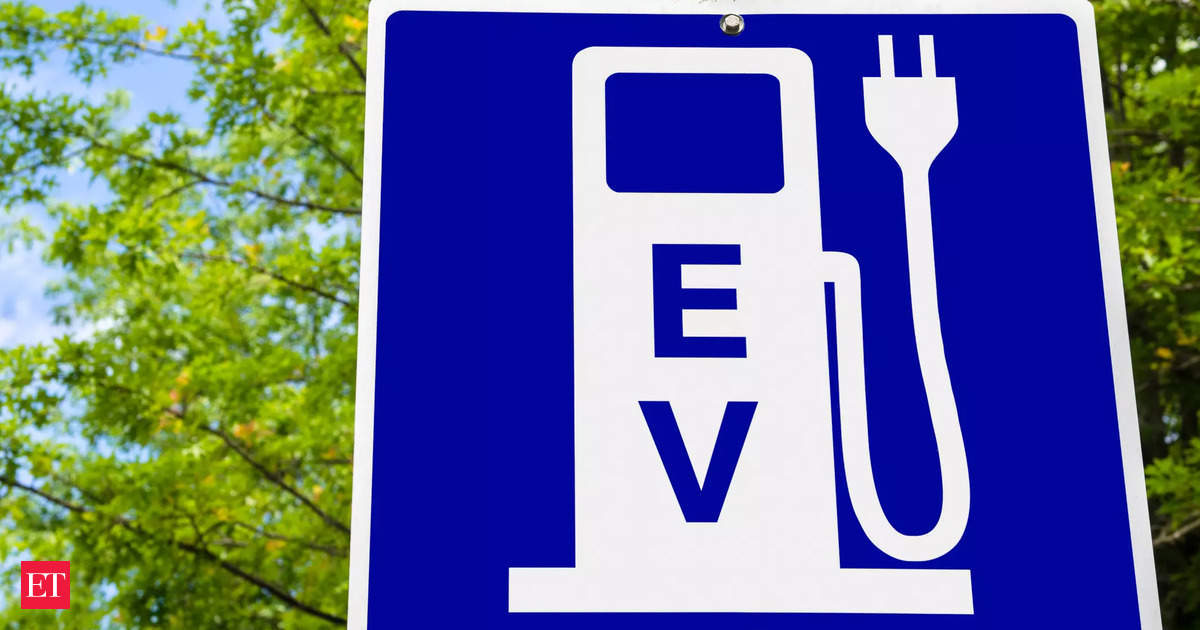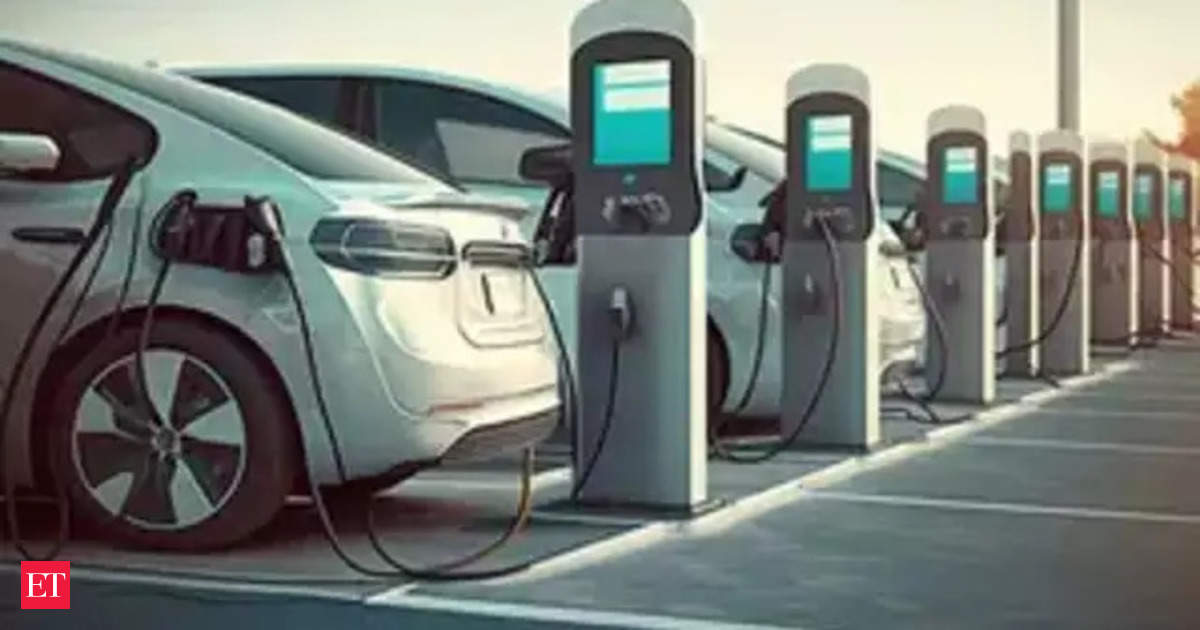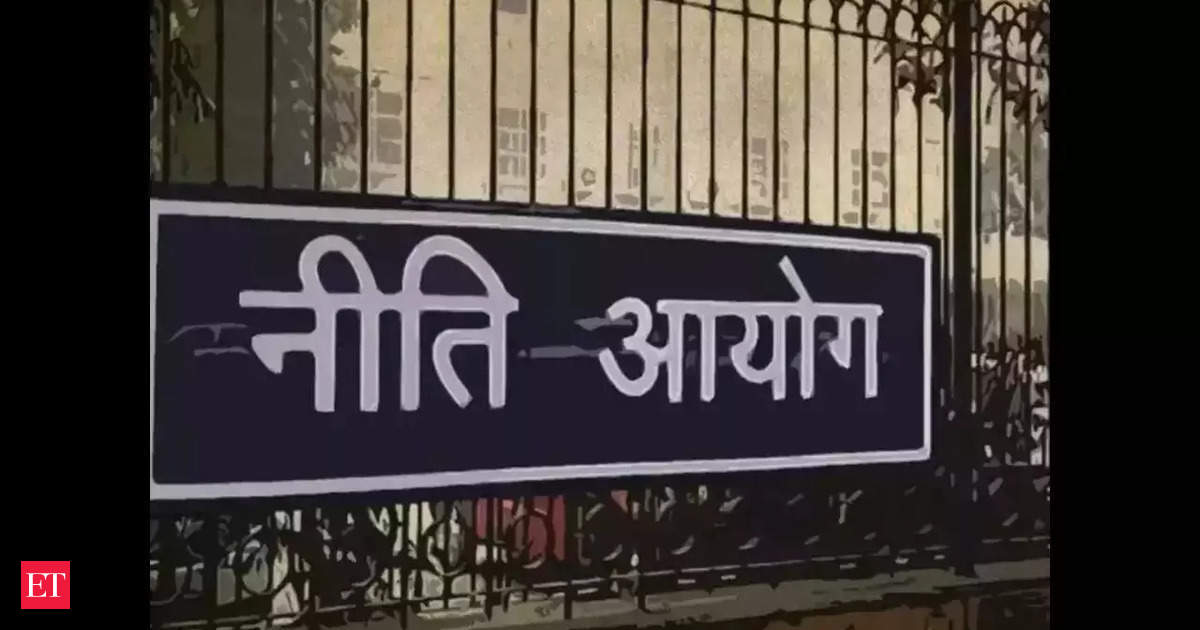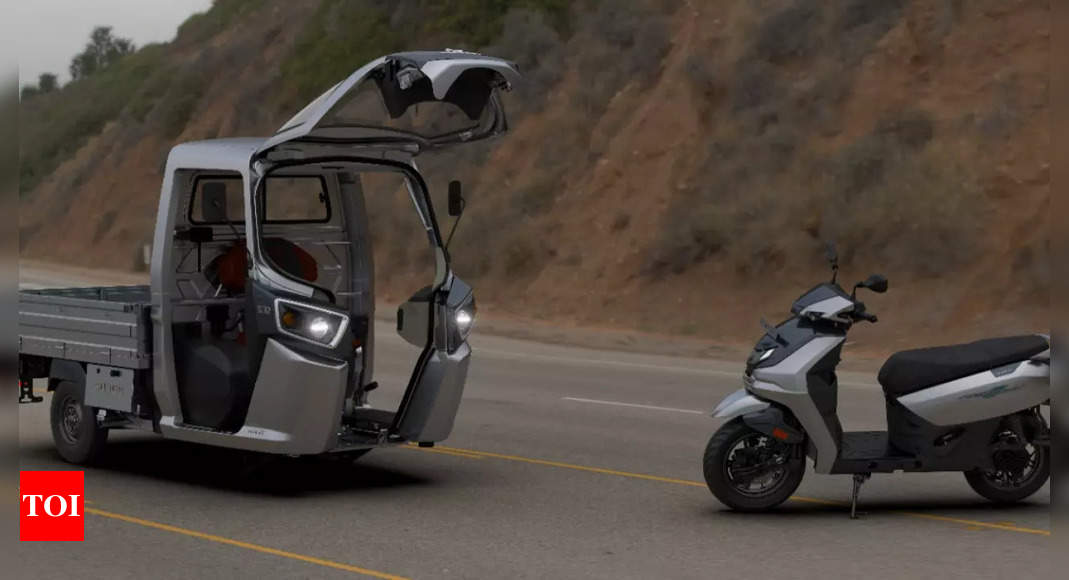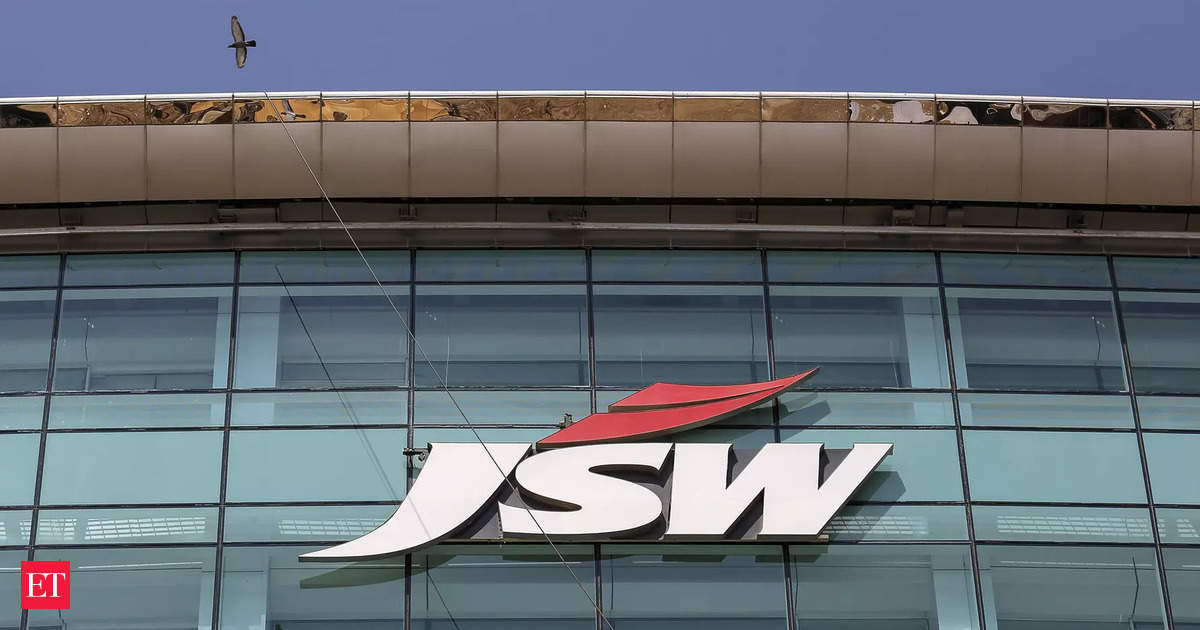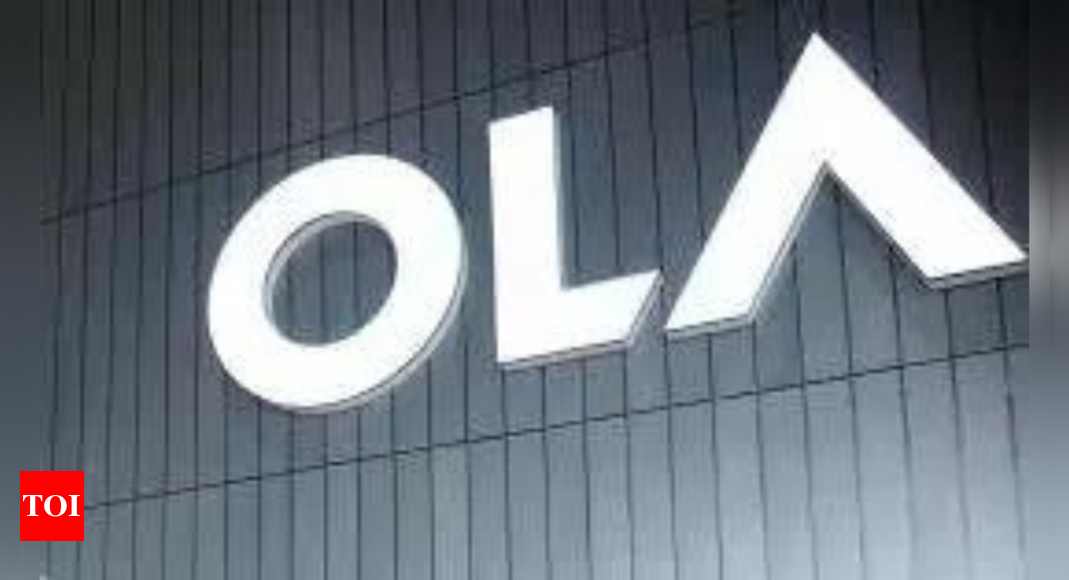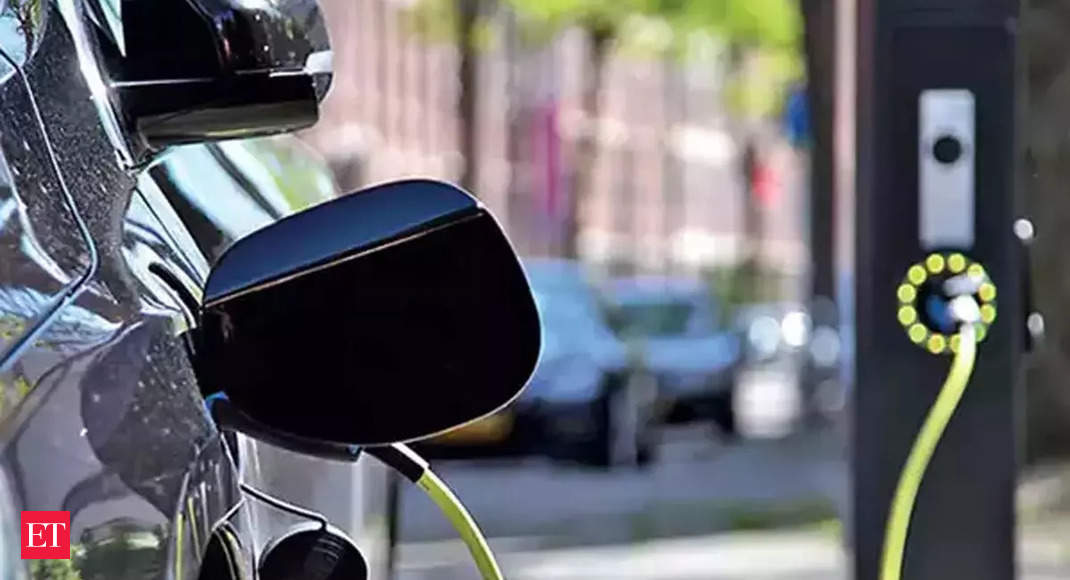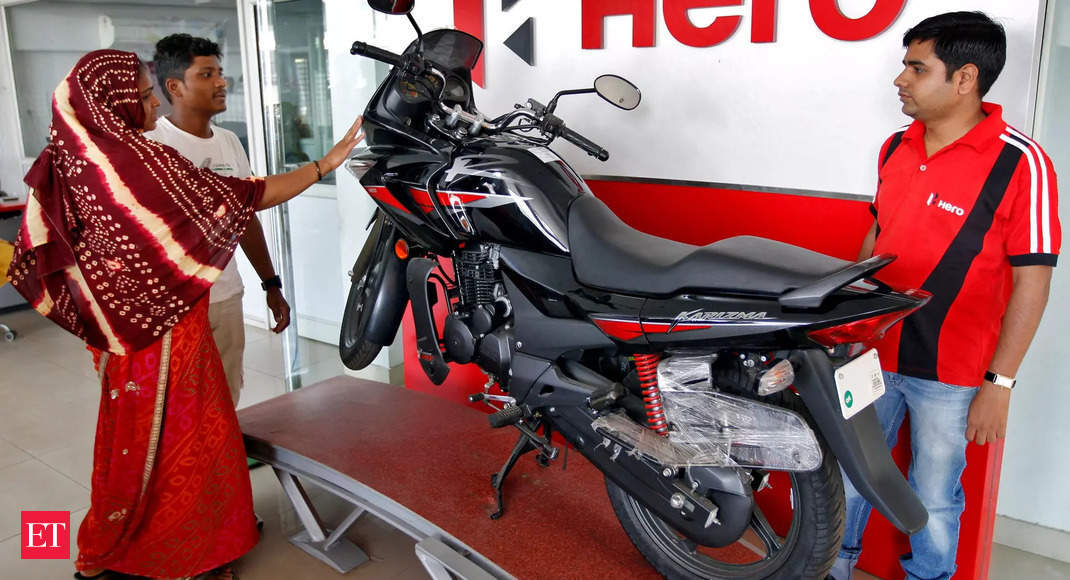Chinese electric vehicle manufacturer Nio has entered into a partnership with competitor BYD to acquire batteries for its new electric vehicle brand, according to sources. The move marks a strategic shift for BYD to expand its revenue sources beyond its existing EV brand. The collaboration underscores the fierce competition in China’s electric vehicle market, particularly in pricing where batteries are a significant cost component. Nio’s strategy change to prioritize cost reduction and the upcoming launch of its new brand, Onvo, are also highlighted. The involvement of battery manufacturers CATL and CALB is mentioned, along with insights on BYD’s battery subsidiary and production lines.
Auto components maker Uno Minda has joined forces with Starcharge Energy to manufacture and distribute electric vehicle supply equipment in India. The collaboration aims to support the ‘Make in India’ initiative and accelerate the country’s transition towards a sustainable and electrified future.
Chinese smartphone maker Xiaomi has revealed that it will start delivering its first electric vehicle (EV) model, SU7, on March 28. Xiaomi has established 59 stores in 29 cities throughout China to accept orders for its EV.
The Niti Aayog has suggested a list of fiscal and non-fiscal incentives to encourage the use of LNG in medium and heavy commercial vehicles. These incentives include extending the production-linked incentive scheme to LNG vehicles and setting up a demand aggregator for purchasing LNG trucks. The aim is to lower carbon dioxide emissions and increase the share of natural gas in the primary energy mix.
Hero MotoCorp-owned Surge has introduced the S32 EV, an innovative electric vehicle that can be easily converted from a rickshaw to a scooter. With a modular design, the Surge S32 EV offers a quick transformation process, allowing users to switch between its two forms. The rickshaw configuration is ideal for commercial use, while the scooter version offers a dynamic and agile ride experience. Equipped with powerful batteries, both the rickshaw and scooter variants provide efficient performance. Read more on TOI Auto.
JSW Group plans to invest 400 billion rupees in electric vehicle (EV) manufacturing projects in India’s Odisha state. Government targets 30% EV market share by 2023. JSW Group will invest 250 billion rupees in an EV battery manufacturing plant and an EV components plant in the first two phases of its plan. Tata Motors dominates the 2% EV market in India. JSW Group and SAIC Motor formed a joint venture in India to focus on green mobility and developing the electric vehicle ecosystem.
Ola Electric is expected to file its IPO draft prospectus this month, marking the first IPO by an Indian auto maker in over 20 years. The IPO, expected to be worth about $1 billion, will be among the top 15 offerings in India. Ola Electric is also set to become the first pure play electric vehicle manufacturer to list on the Indian stock exchanges. The company has attracted investments from global investors such as Temasek and SoftBank.
The Indian government is exploring the inclusion of electric vehicle (EV) infrastructure within the priority sector lending category. This move could provide a boost to the EV sector and align with the government’s goal of increasing the proportion of EVs on Indian roads. Discussions with the Reserve Bank of India are underway, and the power ministry has expressed support by writing a letter to the Department of Financial Services. This initiative aims to facilitate credit flow to the EV sector through financial institutions.
Hero MotoCorp aims for sustainable growth and market share enhancement through new product launches and expanding production capacity. With margins back to pre-Covid levels, the company plans to introduce its electric vehicle range in 100 cities by year-end.

